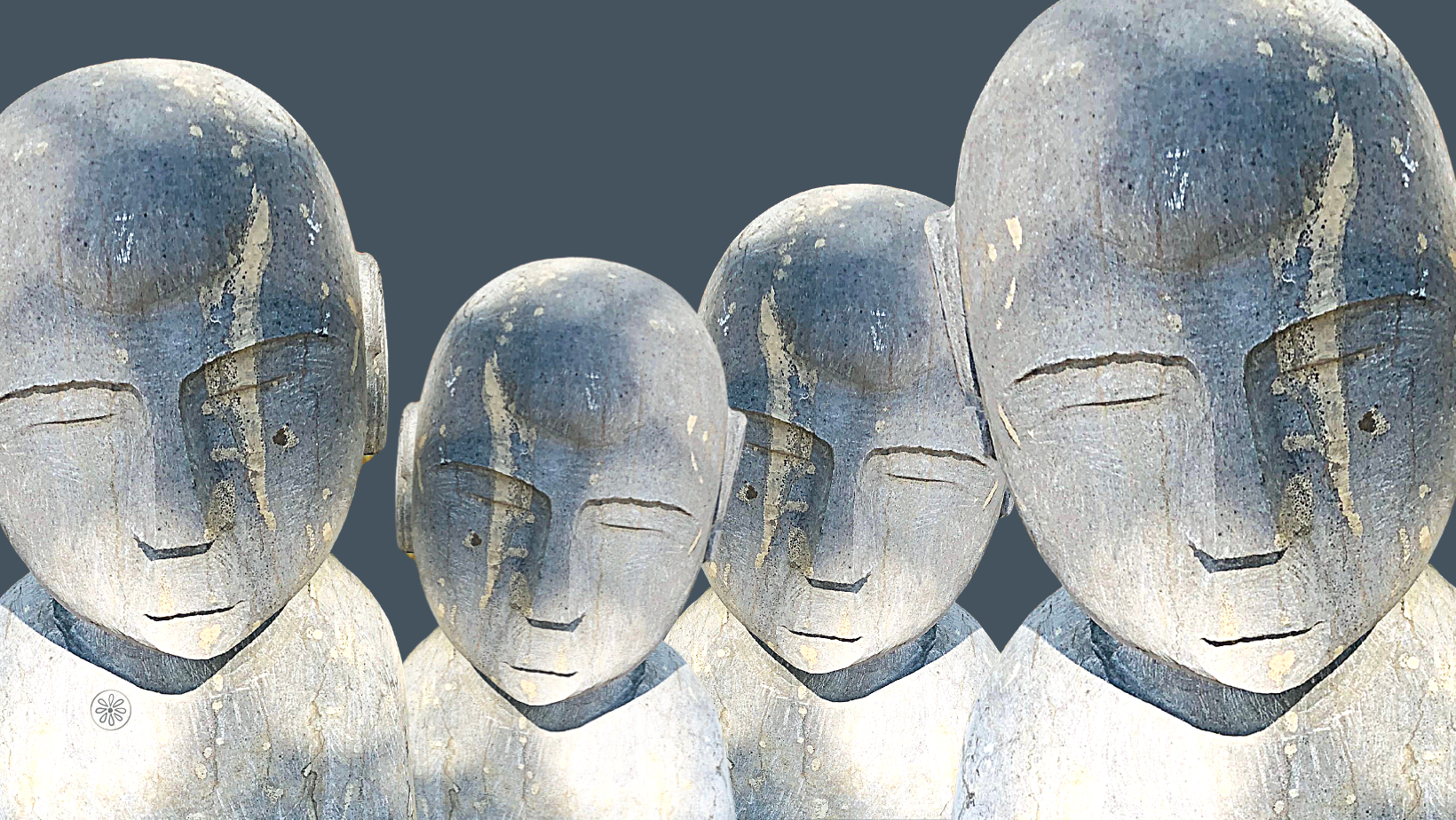In leading mindfulness groups, I actively encourage participants to explore and adjust their postures as needed, noticing that many skillfully embrace this chance. Yet, some struggle with feeling immobilised, limiting their full engagement in meditation. Despite these challenges, they persist, managing their discomfort internally.
I sought to understand why making choices poses difficulties for some individuals.
Human life is fundamentally about choice. From the first moments of the morning, we navigate a sea of decisions, large and small. Despite feeling controlled by our thoughts, emotions, and actions, research confirms our constant power of choice, even in adversity. This article delves into the connection between choice, mindfulness, and personal development.
What Does Research Reveal?
A pivotal study by psychologist Martin Seligman in the 1960s on “learned helplessness” involved dogs subjected to unavoidable electric shocks, leading them to passive behaviours. Seligman later found that these dogs could learn resilience by gaining control over their environment, a concept he termed “learned optimism.” This research underscores our ability to choose our responses, despite external circumstances.
The Paradox of Excess Choice
Sheena Iyengar and Mark Lepper’s research demonstrated the paradox of choice: too many options can overwhelm and reduce satisfaction. Their jam tasting study revealed that fewer choices led to more purchases, highlighting how excessive options can deter decision-making. Additionally, perceived control over choices can affect our stress levels and decision-making styles, further illustrating the complexity of choice and its impact on our well-being.
Mindfulness as a Pathway to Empowered Decision-Making
Mindfulness bridges our understanding of choice, fostering awareness of our present thoughts, emotions, and sensations without judgement. This practice empowers us to identify and seize the choices in each moment, enabling us to escape habitual reactions and respond more consciously and effectively.
Consider a stressful work scenario: feeling overwhelmed, you face a choice. React defensively, or pause, acknowledge your feelings, and practise self-compassion. The latter, though challenging, promotes personal growth and resilience.
Recognising our choices can be daunting, often obscured by internal barriers like trauma or negative beliefs. Engaging with a therapist or mindfulness instructor can illuminate these obstacles and offer strategies to navigate them.
Conclusion
Choice wields significant power in personal transformation. Through mindfulness and contemplative practices, we learn to discern and act upon our choices with more intention and skill. Echoing Seligman’s findings, while we can’t control every aspect of life, our response lies firmly in our hands. By embracing choice and adopting learned optimism, we pave the way for enhanced resilience and well-being.
